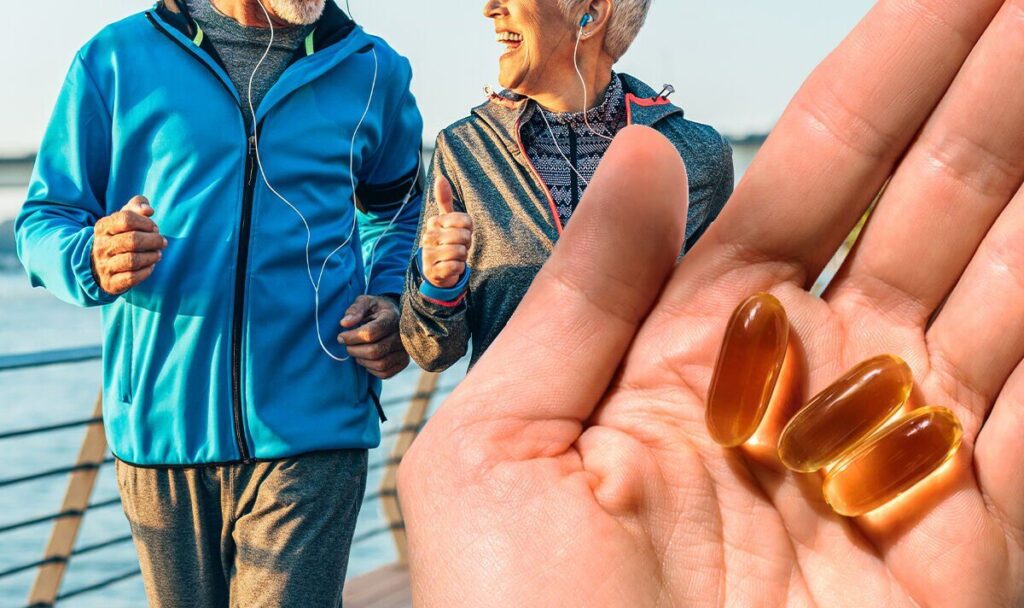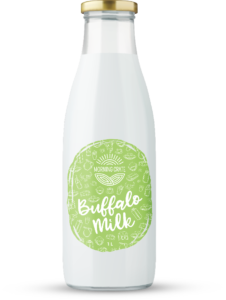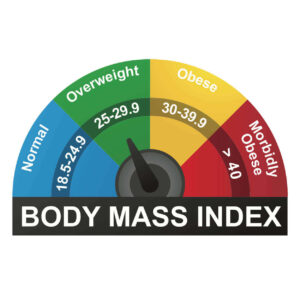Vitamin-D, Omega-3, exercise can reduce cancer risk by 61%: Study

Vitamin D combination of high doses, omega-3, and simple home strength exercises can help reduce the risk of cancer in healthy adults aged 70 years and over 61 percent, the latest study said.Published on the border in aging, this is the first study to test the combined benefits of three affordable public health interventions for invasive cancer prevention – which has grown through the original network or cell where it develops, and spreads to the surrounding surrounding tissue. .
Apart from prevention recommendations such as non-smoking and sun protection, public health efforts that focus on limited cancer prevention, according to Dr Heike Bischoff-Ferrari from the Hospital of the University of Zurich in Switzerland.Preventive efforts in middle-aged and older adults today are mostly limited to filtering and vaccination efforts, “Bischoff-Ferrari said.
Research has shown that vitamin D inhibits the growth of cancer cells. Likewise, Omega-3 can inhibit normal cell transformation into cancer cells, and sports have been shown to improve immune function and reduce inflammation, which can help in prevention of cancer.However, there is a lack of strong clinical studies that prove the effectiveness of the three simple interventions, alone or combined.
Bischoff-Ferrari and his colleagues tested the effects of daily vitamin D3 (one form of vitamin D supplements), Omega-3 daily supplementation, and simple home strength training, alone and in combination, at risk of invasive cancer among adults aged 70 or more .The three-year trial, held in Switzerland, France, Germany, Austria and Portugal, involved 2,157 participants. The results show that the three treatments (vitamin D3, Omega-3, and Sports) have cumulative benefits at the risk of invasive cancer, said Bischoff-Ferrari.
Each treatment has the benefits of small individuals but when the three treatments are combined, the benefits are statistically significant, and the researchers see a reduction in the overall risk of cancer by 61 percent.”Our results, although based on some comparisons and requires replication, may prove useful to reduce the burden of cancer,” Bischoff-Ferrari said, adding the need for further study.









